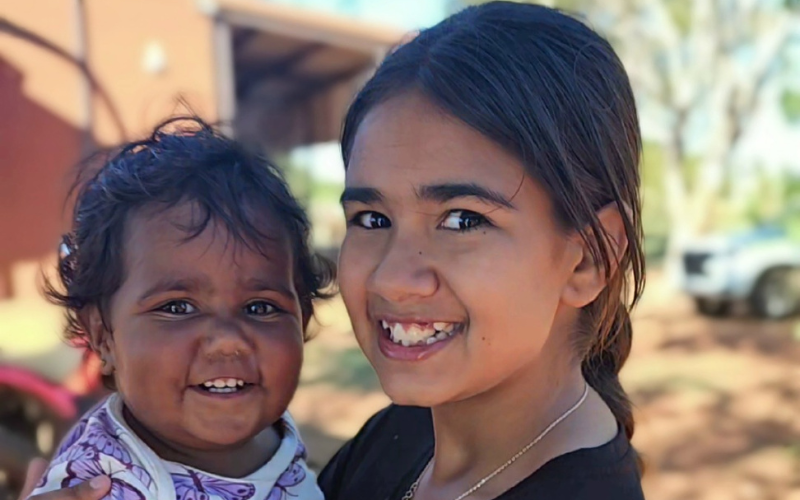Search
Showing results for "Au"
Research
COCOON: Virus transmission, immunity, and family wellbeing during COVID-19The delay in community transmission of the new Coronavirus in WA, together with the strict, social distancing measures that have been adopted, provide us with an opportunity to observe the level of immunity development to the virus within the community and assess the impact of COVID-19 pandemic on health and well-
Research
Modelling study of the ability to diagnose acute rheumatic fever at different levels of the Ugandan healthcare systemTo determine the ability to accurately diagnose acute rheumatic fever given the resources available at three levels of the Ugandan healthcare system.
Research
Increasing incidence of invasive group A streptococcal disease in Western Australia, particularly among Indigenous peopleThe incidence of invasive GAS disease in WA increased between 2000 and 2018, particularly among Indigenous Australians. Mandatory notification of invasive GAS disease would therefore be appropriate. The social determinants of differences in incidence should be addressed, and other relevant host, pathogen, and health system factors investigated.
Research
Barriers and enablers of health service utilisation for childhood skin infections in remote aboriginal communities of Western AustraliaHealth service utilisation in this setting may be enhanced by improving general awareness of the significance of childhood skin infections

News & Events
Community connections key to improving children’s lung healthThe key to improving the lung health of Aboriginal children lies in establishing strong community connections.

News & Events
How to support your kids through the next phase of COVID-19In Western Australia we have so far been remarkably successful in flattening the curve and preventing the community spread of COVID-19.
Research
Immunogenicity, otitis media, hearing impairment, and nasopharyngeal carriage 6-months after 13-valent or ten-valent booster pneumococcal conjugate vaccines, stratified by mixed priming schedules: PREVIX_COMBO and PREVIX_BOOST randomised controlled trialsAustralian First Nations children are at very high risk of early, recurrent, and persistent bacterial otitis media and respiratory tract infection. With the PREVIX randomised controlled trials, we aimed to evaluate the immunogenicity of novel pneumococcal conjugate vaccine (PCV) schedules.
Research
Left ventricular remodelling in rheumatic heart disease – trends over time and implications for follow-up in childhoodRheumatic heart disease (RHD) is the most common form of acquired heart disease worldwide. In RHD, volume loading from mitral regurgitation leads to left ventricular (LV) dilatation, increased wall stress, and ultimately LV dysfunction. Improved understanding of LV dynamics may contribute to refined timing of intervention.
Research
Talking skin: Attitudes and practices around skin infections, treatment options, and their clinical management in a remote region in Western AustraliaDocumenting carer, service provider and healthcare practitioner perspectives on skin infections provides more understanding of the context of treatment decisions
Research
Meningococcal serotype W septic arthritis: Case series in childrenThe epidemiology of invasive meningococcal disease has changed over the last decade and there has been an increase in cases caused by serogroup W135, particularly in Indigenous children. Extra‐meningeal and atypical presentations are associated with serogroup W and may delay diagnosis and therefore appropriate treatment. Public and clinician awareness are essential in facilitating effective new vaccine schedule implementation.
